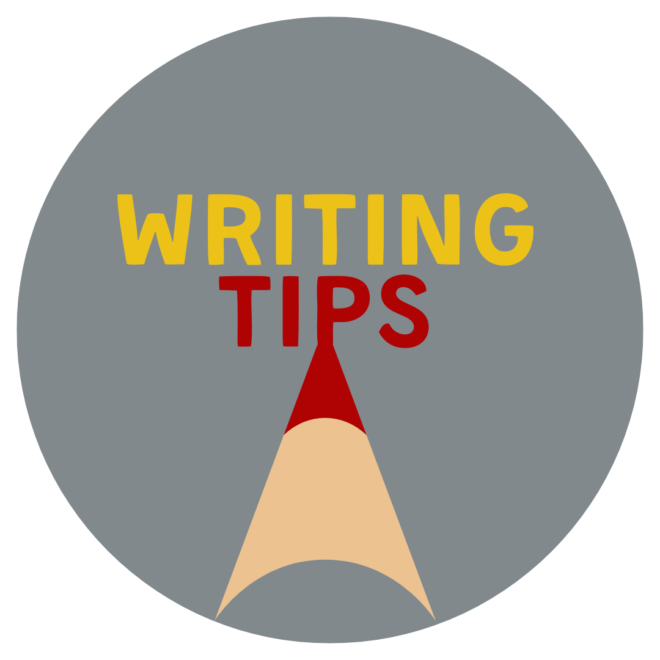
Fresh-Cut Lit & More
WRITING TIPS
Tips on writing, revision, craft, and the writing life from Cleaver’s editors, workshop and masterclass teachers, literary contributors, and readers. Got a writing tip to share? Contact Writing Tips and Newsletter editor Layla Murphy.

